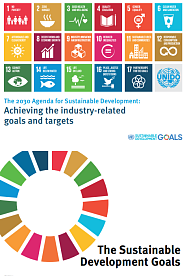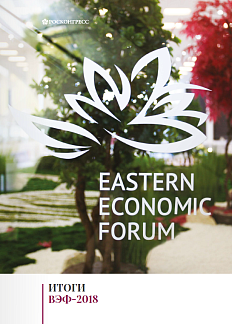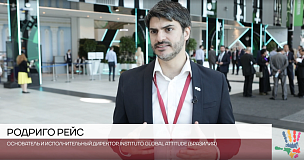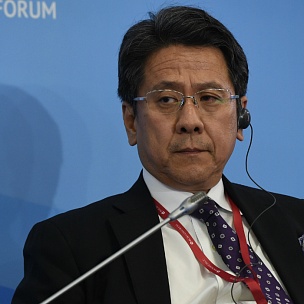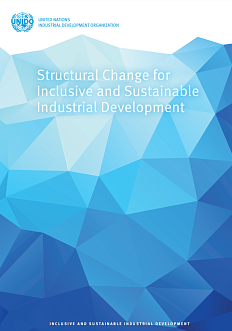The Sustainable Development Goals (SDGs) constitute the core of the 2030 Agenda for Sustainable Development adopted by the international community on 25 September 2015, the new development framework that seeks to transform our world and will guide all global, regional and national development endeavours for the next 15 years. UNIDOs vision to address todays economic, social and environmental challenges is enshrined in the Lima Declaration, which was adopted by UNIDO Member States in December 2013. On this basis, the Organization pursues Inclusive and Sustainable Industrial Development (ISID) to harness industrys full potential to contribute to lasting prosperity for all. Inclusive and Sustainable Industrial Development (ISID) means that every country achieves a higher level of industrialization in their economies and benefits from the globalization of markets for industrial goods and services; broader economic and social growth is supported within an environmentally sustainable framework; the unique knowledge and resources of all relevant development actors are combined to maximize the development impact of ISID.
Through Goal 9, the Member States of the United Nations call upon the international community to «build resilient infrastructure, promote inclusive and sustainable industrialization and foster innovation». ISID can therefore serve as a primary engine not only of job creation and economic growth but also of technology transfer, investment flows and skills development, as also acknowledged in the Addis Ababa Action Agenda of the Third International Conference on Financing for Development held in July 2015. In line with the renewed mandates given to both UNIDO and the United Nations development system, the Organizations programmatic approach is guided by three interrelated thematic priorities, each of which represents different aspects of ISID: creating shared prosperity, advancing economic competitiveness, safeguarding the environment.
.png)
Guided by these priorities, in this report UNIDO details its specific targets and tasks related to achieving each of the SDGs. For example, as part of working towards Goal 1 (End poverty in all its forms everywhere), by 2030, UNIDO aims to eradicate extreme poverty for all people everywhere, currently measured as people living on less than $1.25 a day; reduce at least by half the proportion of men, women and children of all ages living in poverty in all its dimensions according to national definitions; etc. To attain Goal 4 (Ensure inclusive and equitable quality education and promote lifelong learning opportunities for all), by 2030, UNIDO intends to ensure that all girls and boys complete free, equitable and quality primary and secondary education leading to relevant and effective learning outcomes; ensure equal access for all women and men to affordable and quality technical, vocational and tertiary education, including university; etc.


